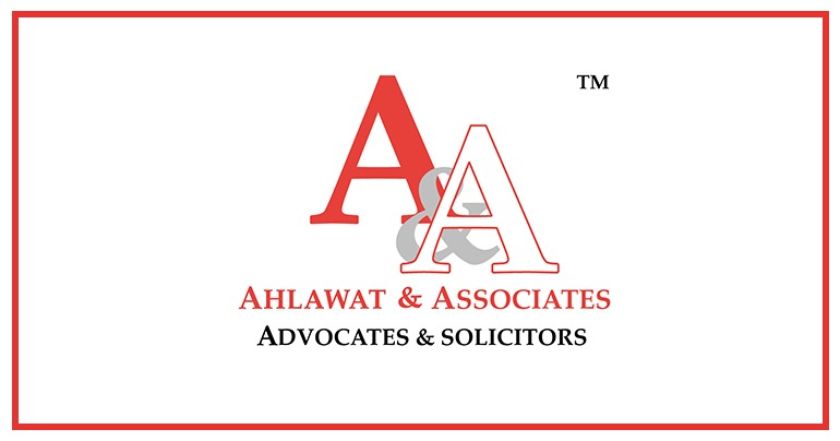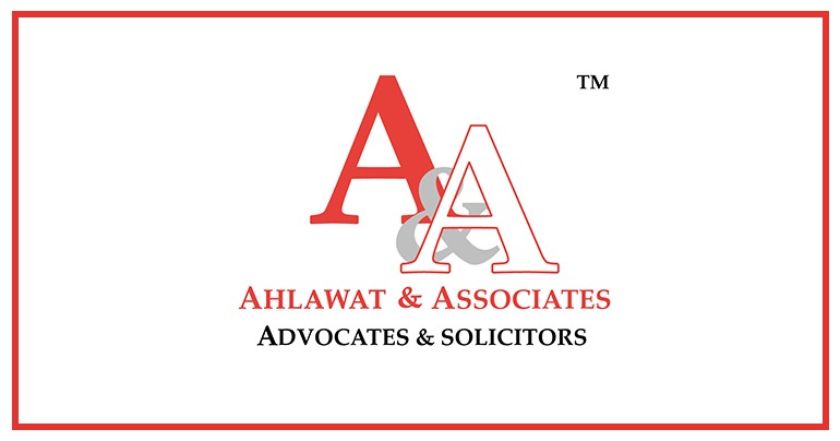
 Ashneet Hanspal , Tanya Nair
Ashneet Hanspal , Tanya Nair
 June 17, 2022
June 17, 2022
The Indian Central Consumer Protection Authority (“CCPA”) has issued ‘Guidelines for Preventions of Misleading Advertisement and Endorsements for Misleading Advertisements, 2022’ (“Guidelines”) to provide for the prohibition and regulation of false and misleading advertisements and endorsements made in relation thereto.
The Guidelines, which came into effect on June 9 2022, apply to all manner of advertisements and require compliance from all “manufacturers, service providers or traders whose goods or services are the subject of an advertisement” as well as all “advertising agencies” and “endorsers” providing advertisement related services.
The Guidelines inter-alia set out conditions which an advertisement must meet to be considered ‘valid’ and ‘non-misleading’. Illustratively, an advertisement should be seen as making “honest representations” and/or not making exaggerated claims of the “accuracy, scientific validity or practical usefulness” of the products or services being advertised. An exemption is however provided in select circumstances for ‘occasional’ and ‘unintentional’ lapses in an advertisement under the Guidelines.
The Guidelines further define and regulate “bait advertisement” and “surrogate advertisement” in the following manner:
The Guidelines also set out a series of requirements for “free claim advertisements”. It is inter alia provided that any such advertisement should clearly set out the terms of any ‘free offer’; should not describe goods or services as being free, or use terms such as ‘free’, ‘without charge’ etc. if the consumer has to pay any cost over and above the cost of responding to or collection/delivery of the advertised products, and should not use the terms ‘free trial’ to describe a ‘satisfaction or your money back offer or any offer for which a non-refundable purchase is necessary.
Further, the Guidelines set out a comprehensive set of restrictions which are applicable to children-targeted advertisements (viz. individuals below the age of majority). It is inter alia required that advertisements of products or services which target children should not exaggerate the features of the advertised products or services in an unrealistic manner; exaggerate “what is attainable by an ordinary child using the product being marketed”; or take advantage of children's “inexperience, credulity or sense of loyalty”; or use famous personalities to advertise products which cannot be purchased by children or require a health warning. The Guidelines specifically prohibit advertisements for ‘junk food’ during programs meant for children or on a channel exclusively for children, and specifically discourage any advertisements which offer promotional gifts to persuade children to unnecessarily buy products or services, or promote “illogical consumerism”.
Moreover, the Guidelines set out a series of conditions concerning disclaimers in advertisements, which detail what such disclaimers should and should not constitute (including details of the requisite font, language, legibility, and placement of the disclaimer in the advertisement).
Importantly, the duties applicable to a “manufacturer, service provider, advertiser and advertising agency” are also set out under the Guidelines. It is inter alia required that such parties should ensure that: all “descriptions, claims and comparisons” relating to objectively ascertainable facts are capable of substantiation (and to produce such substantiation if required by the CCPA); to indicate the source and date of research (in cases where claims in an advertisement are expressly stated to be resulting from research), and to not contain any “statements or visual presentations” which directly or indirectly are likely to mislead consumers about “the product advertised, or its advertiser, or any other product or advertiser”. The Guidelines, however, state that “obvious untruths or exaggerations as are intended to amuse or catch the eye of consumers” in advertisements are permissible, provided these are clearly seen to be “humorous or hyperbolic and not likely to be understood as making literal or misleading claims”.
The Guidelines also set out requirements concerning the endorsement of advertisements. Endorsements are required to necessarily reflect the “genuine, reasonably current opinion of the individual, group or organization making such representation”; to be made based on “adequate information” or “experience, and to not otherwise be deceptive. Notably, the Guidelines bar the use of foreign professionals to make any endorsements if such endorsement is barred to be made under Indian laws, by an Indian professional of the same profession. The Guidelines further require disclosure of material connections between an endorser and the “trader, manufacturer or advertiser of the endorsed product”.
A perusal of the Guidelines makes it clear that these are intended to complement other laws which limit and regulate advertisements in India and would be interpreted by the CCPA in addition to such laws. It is further made clear that in the event of any ambiguity or dispute in the interpretation of the Guidelines, the final decision shall be made by the CCPA. It is pertinent to note that while the Guidelines do not separately set out penalties for non-compliance, penalties stipulated under the Indian Consumer Protection Act, including imprisonment and fines (of as much as INR 50 lakh), can be levied by the CCPA in case of violation of these Guidelines.

The Ministry of Electronics and Information Technology have notified three Grievance Appellate Committees under the Information
View More
The state of Chhattisgarh has notified the Chhattisgarh Gambling (Prohibition) Act, 2022, replacing the erstwhile statute -
View More
The draft Digital Personal Data Protection Bill, 2022 (“DPDP Bill”) was published for inviting comments from the public and stakeholders
View More















 Cookies Consent
Cookies ConsentWe use cookies to help you navigate efficiently and perform certain functions. You will find detailed information about all cookies under each consent category below. Read more...
 Cookies Consent
Cookies ConsentWe use cookies to help you navigate efficiently and perform certain functions. You will find detailed information about all cookies under each consent category below. Read more...

